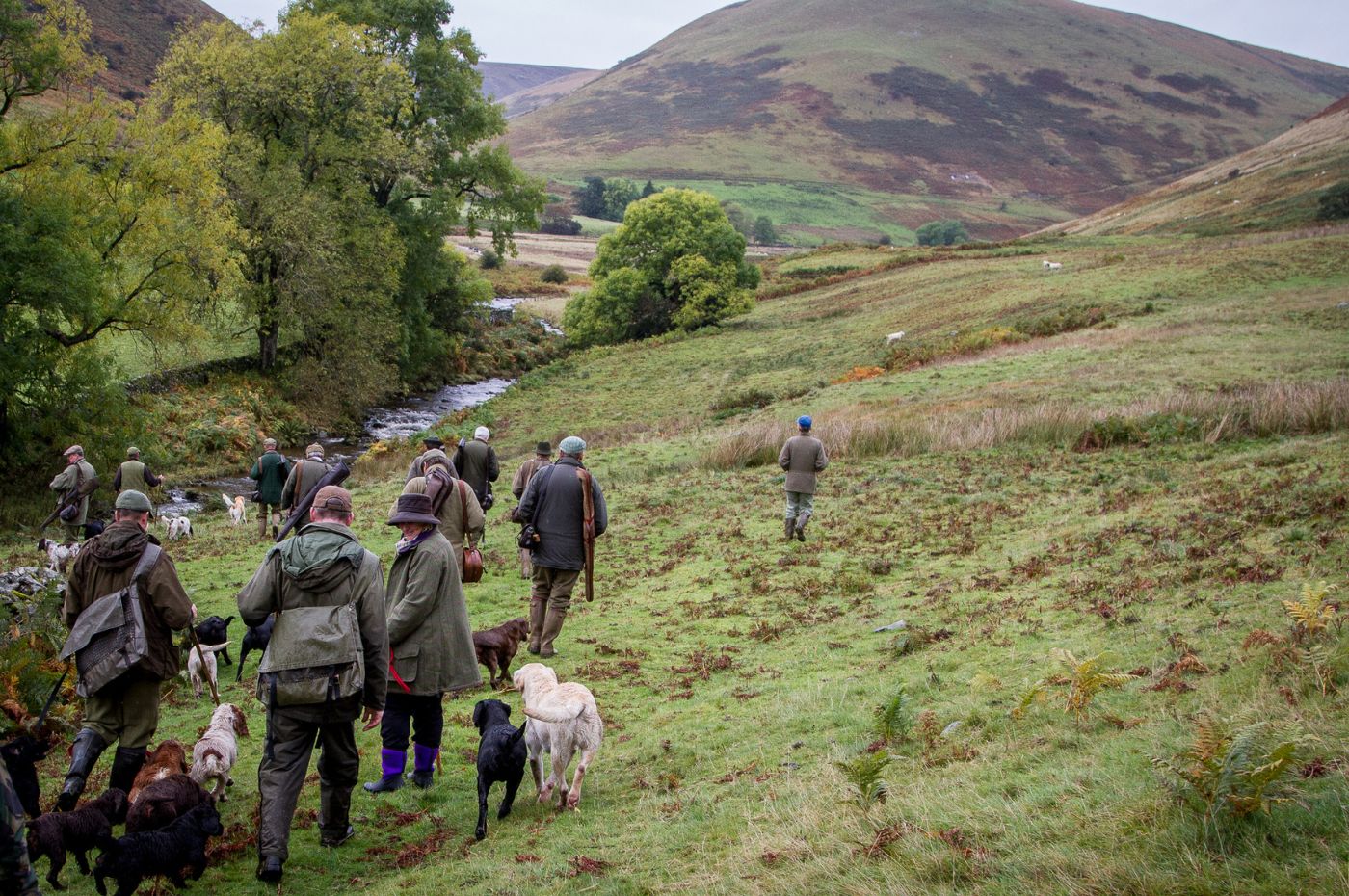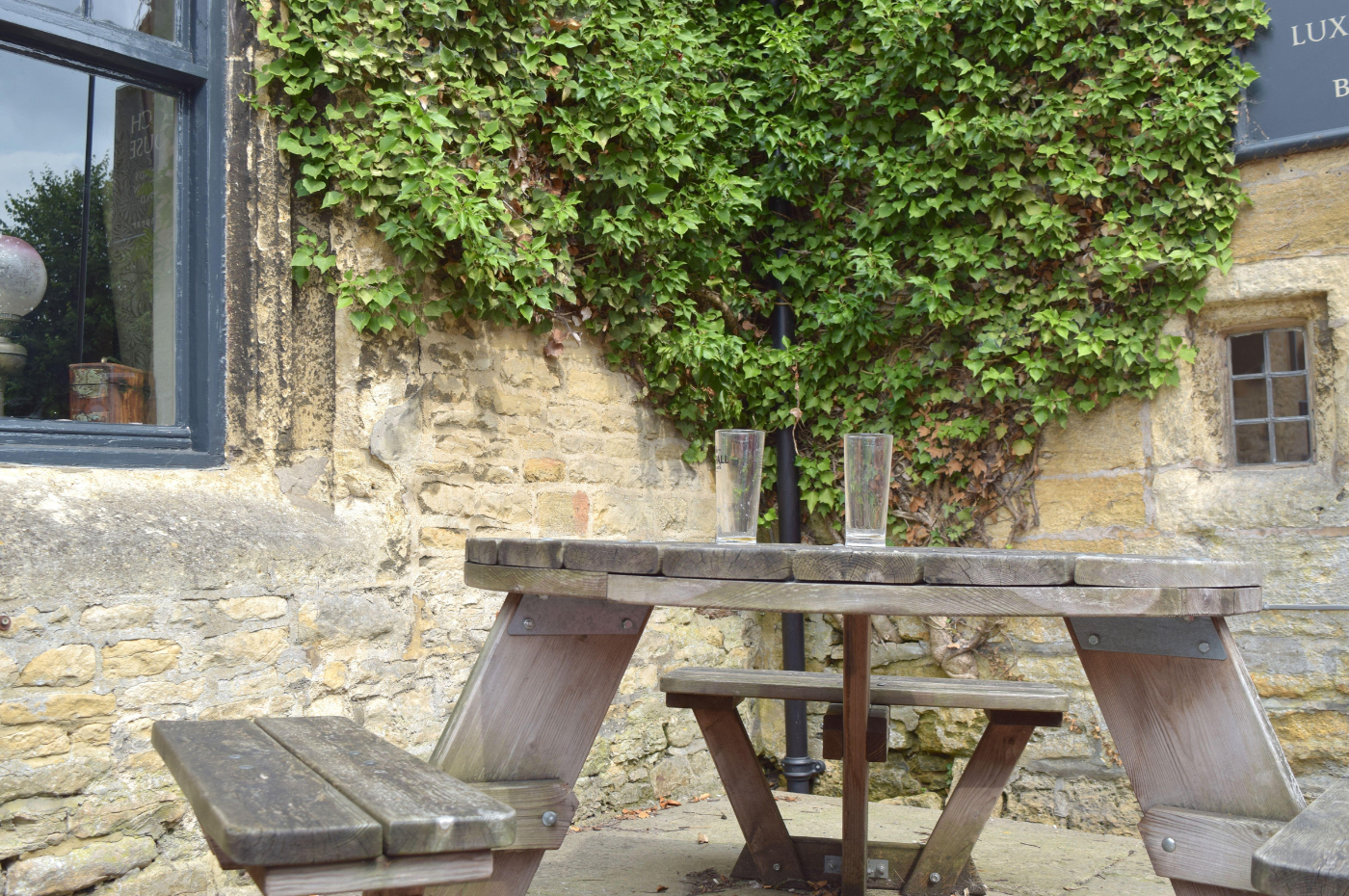Tim Bonner: Is the government in retreat on shotgun licensing?
In the current political climate making predictions is a dangerous business,...
View Details
The third and final Countryside Alliance conference fringe panel on The Future of the Countryside in a New Parliament took place on 1 October in Birmingham at the Conservative Party Conference.
Chaired by Tim Bonner, Chief Executive of the Countryside Alliance, the event featured another high-profile panel comprising the now Shadow Secretary of State for the Environment, Food and Rural Affairs, Steve Barclay MP; Greg Smith MP, the Member for Mid Buckinghamshire and recently appointed Shadow Minister for Business and Trade; and Harriet Cross MP, newly elected Member for Gordon and Buchan.
The focus of this year’s Conservative Party Conference has naturally been on the current leadership contest but, while recognising that the victor in that contest will clearly have a huge impact on the party’s future direction, delegates were keen to quiz the panel on how the party had contrived to lose so many rural seats and what it might do to win them back.
Harriet Cross began by stressing that everyone in the room had come because of their shared understanding of the importance of rural communities. She related that her constituency includes many farmers and estate owners, and politicians must talk to them and address their concerns. She recognised that rural communities need the same services as those in cities, but also that it is vital to protect landscapes and food security, and for the Conservatives to be the party of business, within which rural businesses are of the utmost importance. She closed by highlighting the challenge presented by the impact of renewable energy infrastructure on agricultural land and farm viability.
Greg Smith argued that the new government does not understand rural communities, having afforded them only 87 words of the Labour manifesto. Worse than not understanding, he said, the party shows downright prejudice: it is still obsessed with hunting, wanting to ban the lawful and legitimate practice of trail hunting, and would come after shooting and angling next. It also shows no understanding of the role of culls in protecting against bovine TB, wanting to end a strategy that is working. The Conservatives, he suggested, must be ready to fight these old battles over again to maintain and protect the rural way of life, while also delivering the services, including broadband, that communities need. He noted that groups such as the Countryside Alliance will need to be ready to educate the new generation of rural Labour MPs, and also stand up to the tendency among Liberal Democrats to advance entirely contradictory policies in different parts of the country.
Steve Barclay echoed Mr Smith’s criticisms of Labour, adding that the Energy Secretary, Ed Miliband, has ridden roughshod over Defra in his approach to renewable energy infrastructure, and that the party has left farmers uncertain about the future of bovine TB control. He pointed out that one of the main donors to Extinction Rebellion is a major figure in the party. Turning to his own side, he argued that the Conservatives must focus relentlessly on food production, something he had recognised as Secretary of State, and the resilience of farms to changing conditions. It must understand the complexity of rural areas and their need for services, challenging funding formulae that are weighted towards urban areas and giving visibility to rural deprivation, instead of assuming all rural areas are affluent. He concluded that country pursuits and traditions are essential to the rural identity, so the party must come together and safeguard them.
Another lively discussion then ensued between delegates and the panel; topics included how the party should approach local government, promoting the resilience of small farms, agricultural subsidy and regulation, environmentalism and local party recruitment. Mr Bonner stressed that with Labour having elected 143 new MPs with a rural dimension to their constituency, the Conservatives must be honest with themselves about what happened at the election. He recalled that, after 2019, the agenda of a Conservative government was very far indeed from the priorities of rural people and challenged the panel to make sure that the same did not happen again.
This session concluded our series of events at the 2024 party conferences, which have been essential to our continuing mission to bring the voice of the countryside to the highest levels of power. To support our work in Westminster and beyond, please consider joining the Countryside Alliance today.

In the current political climate making predictions is a dangerous business,...
View Details
Ten thousand tonnes of rubbish tower over Oxfordshire countryside near...
View Details
Since the Budget, countryside pubs and businesses saw rate bills soar - and...
View Details